Blog
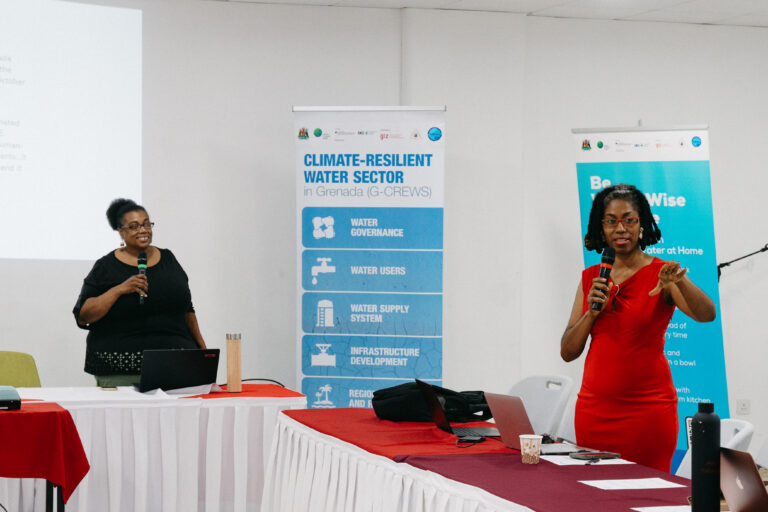
Building Media Capacity in Reporting on Climate Change Impacts
Kendell Daniel | May 24, 2024 - Article
The impacts of climate change on the environment and our lives are all around us. What can you do as a key communicator to keep the public abreast of the measures they can take to mitigate against it?
This was one of the key objectives of a collaborative workshop organized by the Climate-Resilient Water Sector in Grenada (G-CREWS) project and the Media Workers Association of Grenada (MWAG) on climate change reporting.
Climate Change has been ongoing for many years, however, in recent times the adverse effects of increased intensity of heat waves, erratic rainfall which causes flooding and affects our water resources along with droughts can be seen much more. Thus, understanding what climate change is, what the science is showing us and how we can communicate as journalists to the citizenry is crucial. It is with this in mind, that the G-CREWS project successfully implemented a two-day Climate Reporting Workshop held on the 14th and 15th of May 2024 with media personnel from entities across the country. The objective of the G-CREWS project is to build climate resilience within the water sector in Grenada and this can only be achieved through a wholistic approach approach which includes the media organizations.
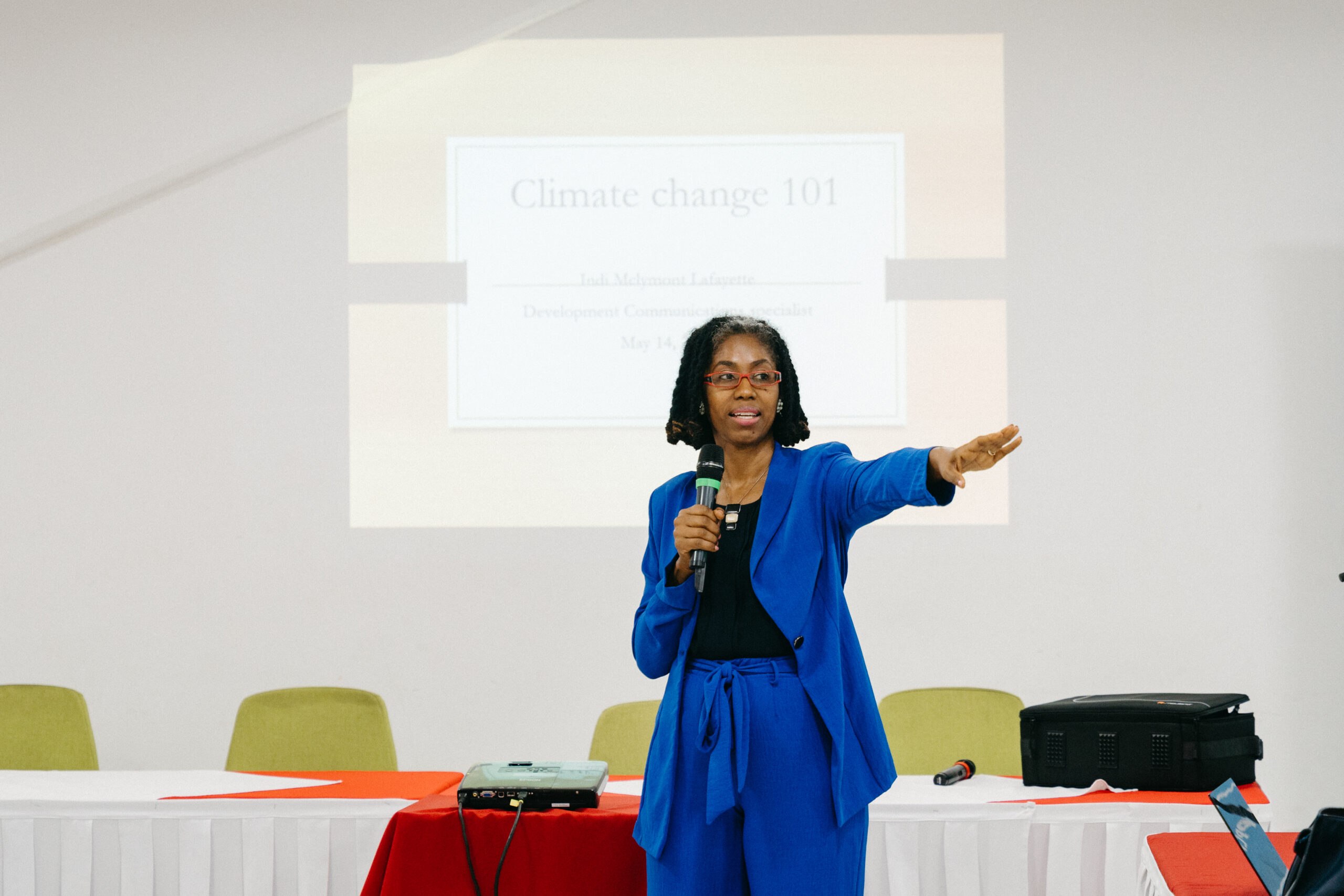
Topics covered during the 2-day session included: Climate change and water predictions for the Caribbean and Grenada based on climate models as presented by the University of the West Indies Climate Studies group; making the climate change story appealing; communicating climate change through music – lessons from a Jamaican best practice; Telling the story – focusing on sourcing, follow the money, water scarcity and building resilience. Feedback given by the participants revealed that more needs to be done to get the information out to the public. Focus is often on other topics and climate change is placed on the back burner which is regularly overshadowed because of the lack of knowledge and interest.
Feedback given by the participants revealed that more needs to be done to get the information out to the public. Focus is often on other topics and climate change is placed on the back burner which is regularly overshadowed because of the lack of knowledge and interest.
Proactive media engagement is essential for many reasons such as:
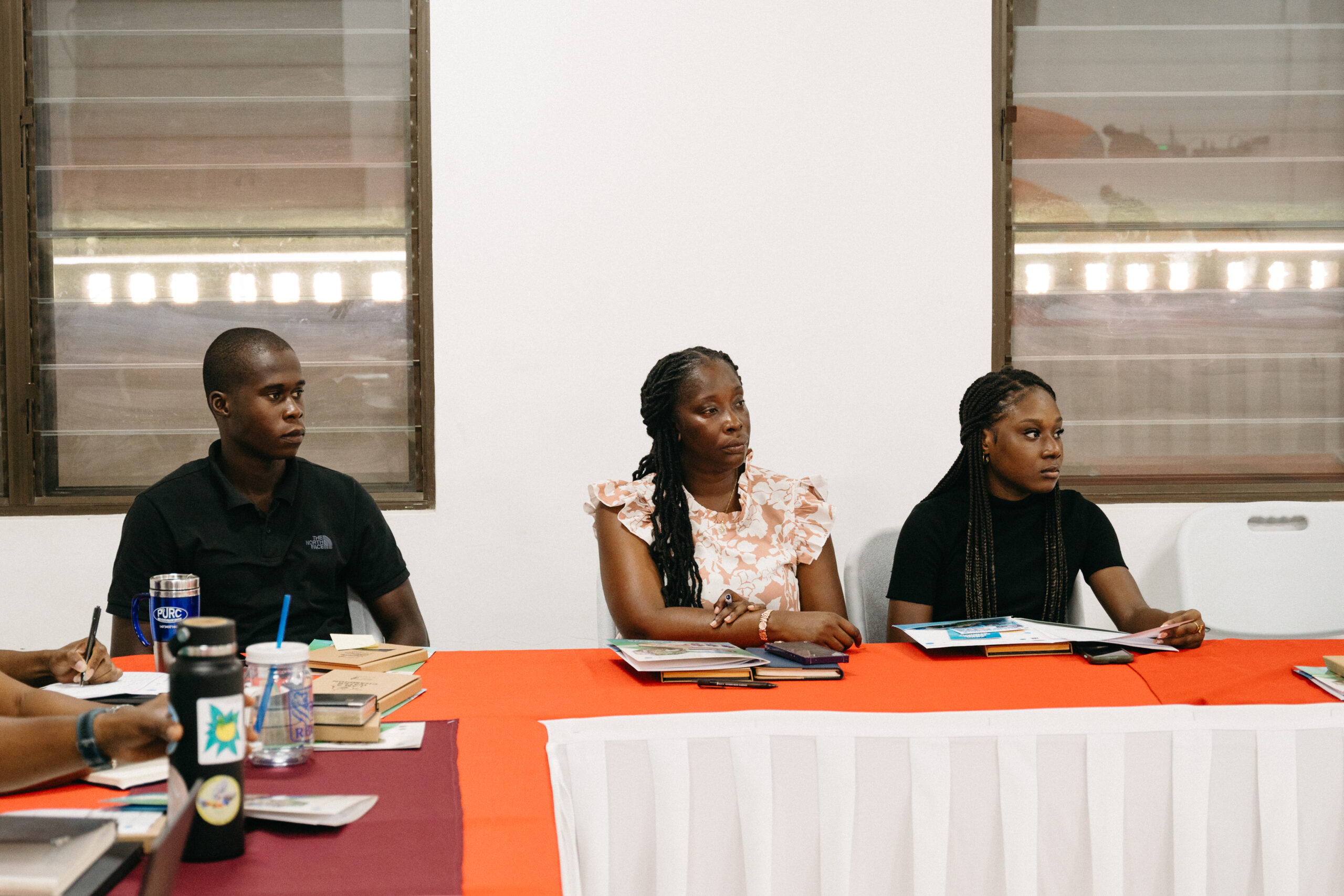
- Raising public awareness – there should be continuous and comprehensive coverage that keeps climate change in the public’s eye. Informing the public about real-time effects of climate change on our water sector and the environment in general should foster a sense of urgency and collective responsibility.
- Educating the public – the use of detailed explanations of climate science and practical information on how individuals can contribute to mitigating the effects of climate change can empower the public to act.
- Shaping Policy and Opinion – With consistent media coverage on climate change impacts on the country this can encourage public action which in turn can influence policy decision making by persons in the Ministerial positions.
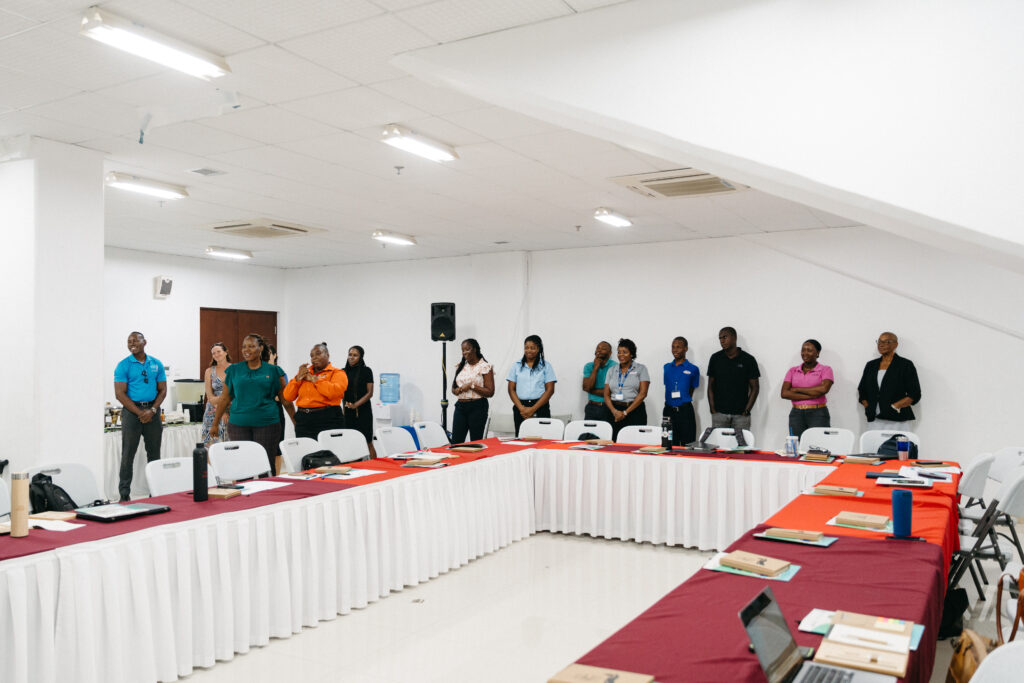
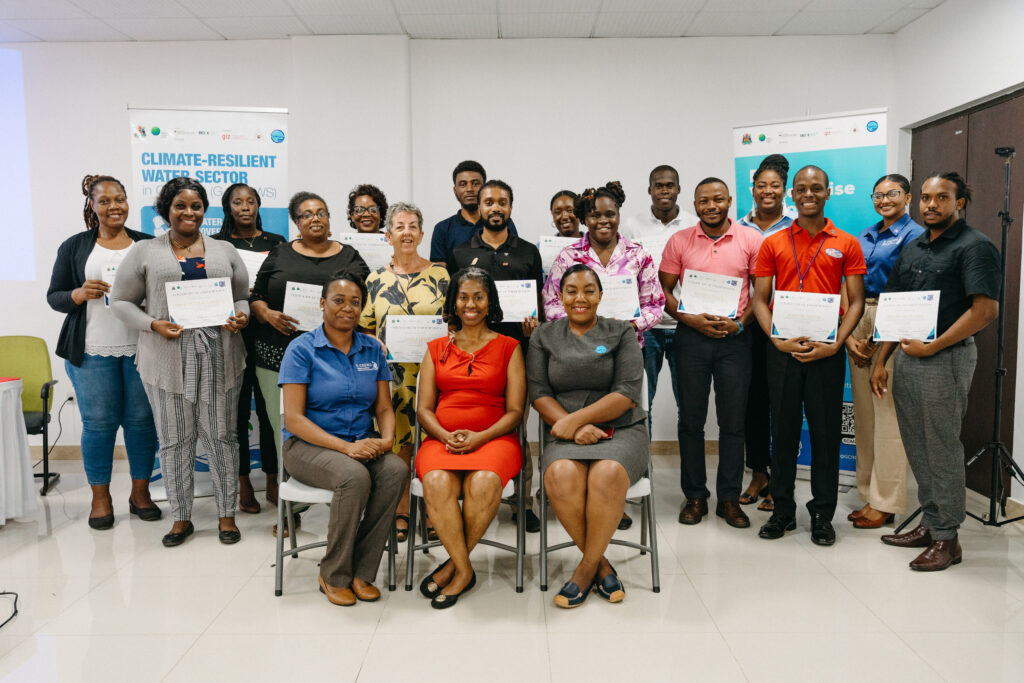
In summarizing their overall feedback, one of the main points suggested was the need for the adoption of strategies to improve their delivery. Some dedicated themselves to writing and reporting more on climate change; to undergo more in-depth investigative journalism to understand the concept of climate change and how it corelates to the topics that they present on, and to localize the impacts of climate change on Grenada, Carriacou and Petite Martinique and regionally. One journalist even emphasized the need for news pieces to be more creative and captivating which would spark the interest of the readers and make them more engaged in what is happening around us. The media needs to play a pivotal role in the global response to climate change.
